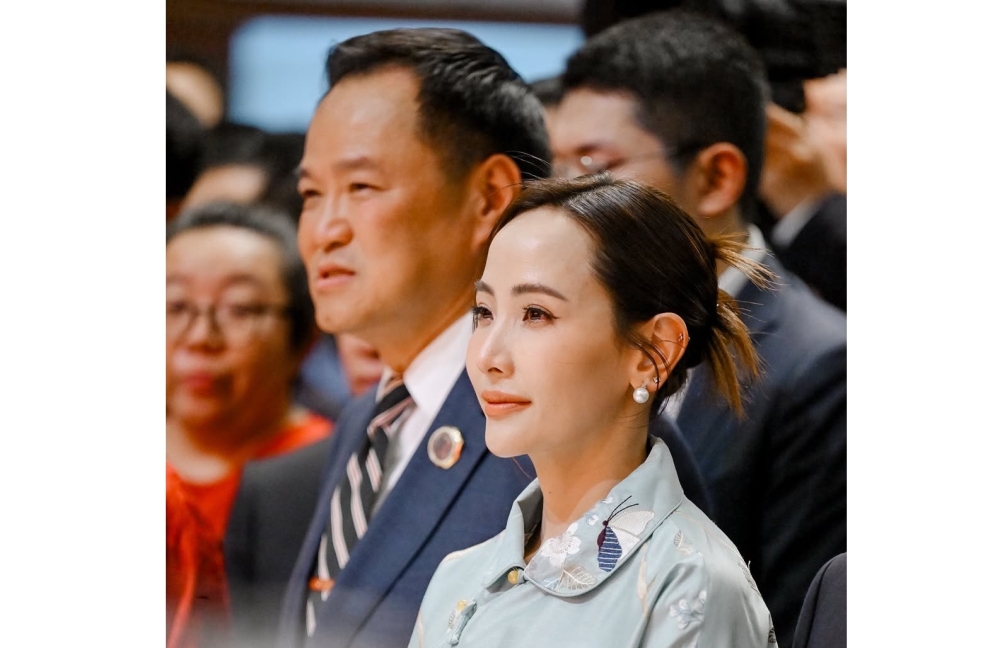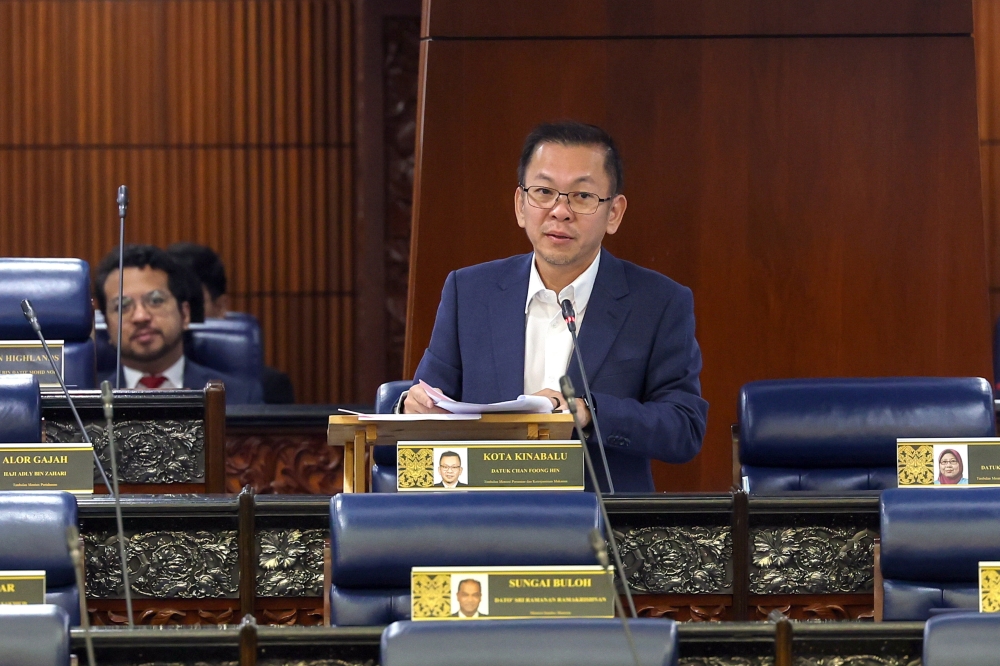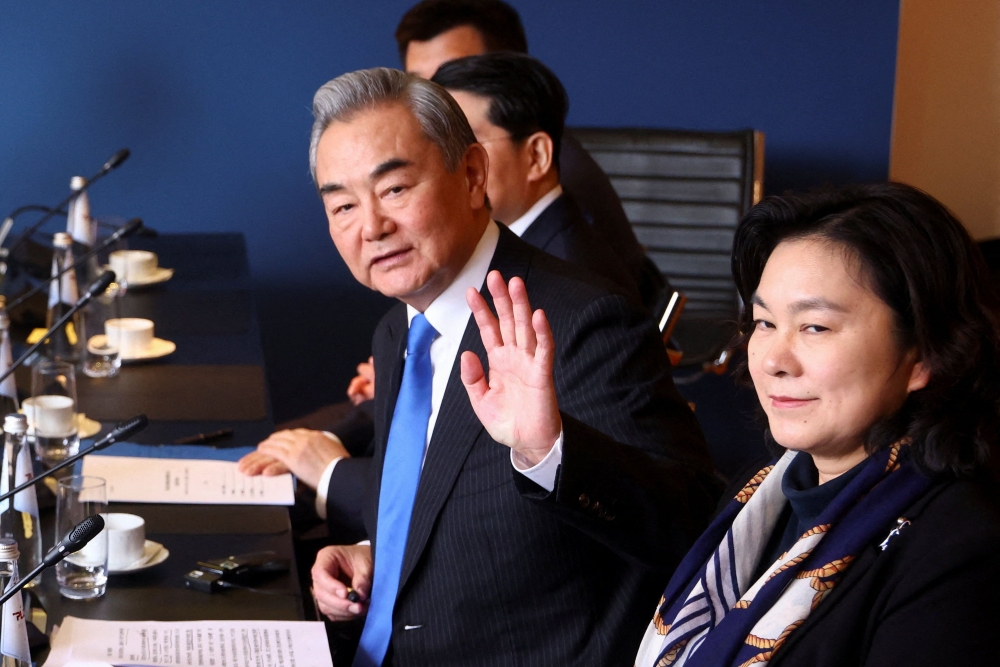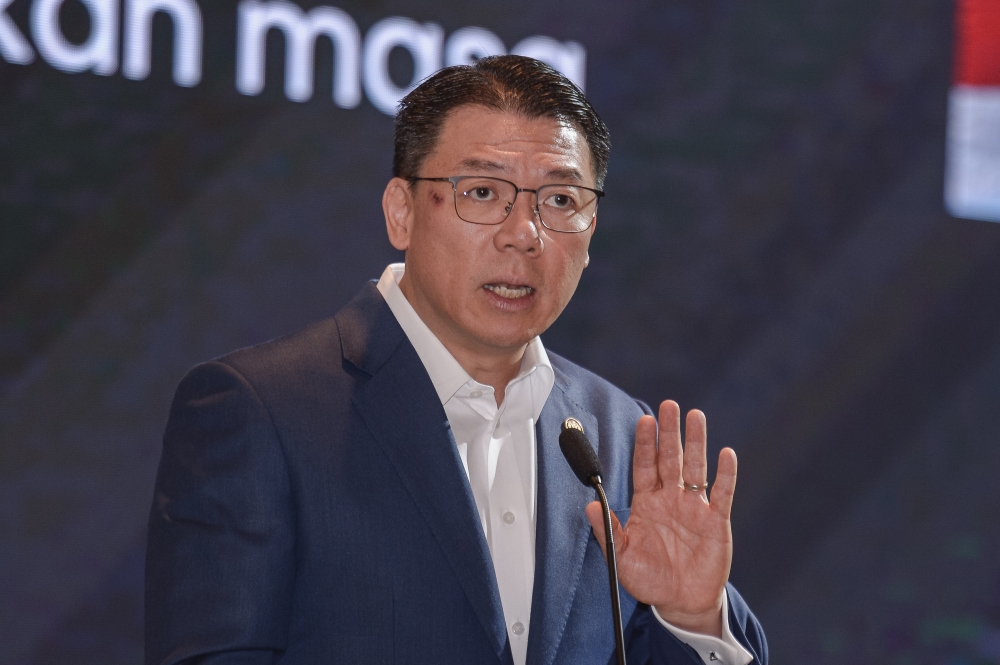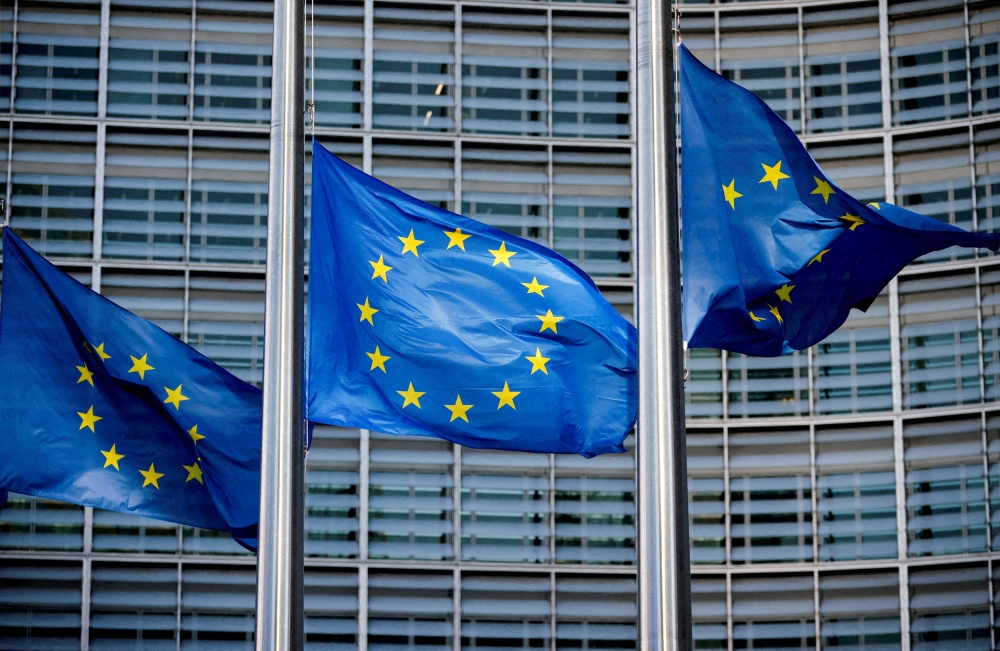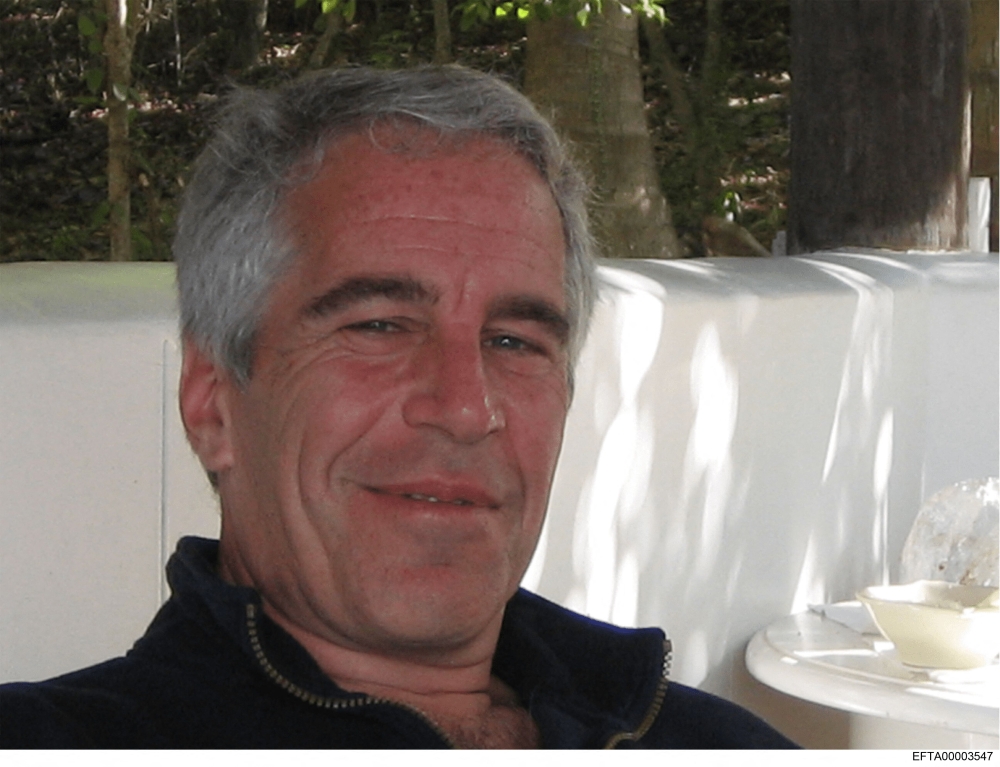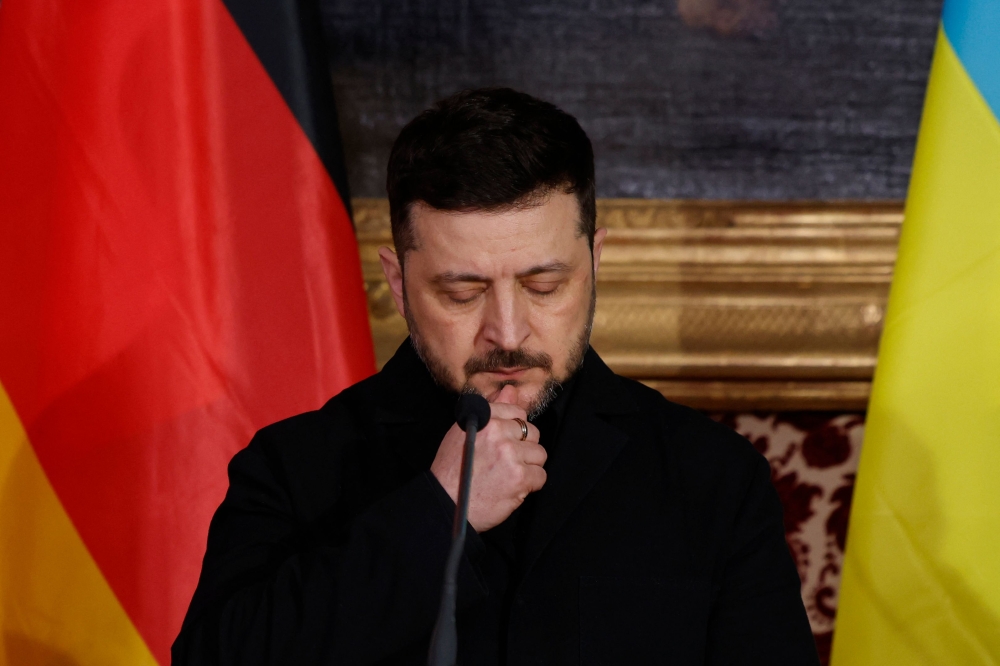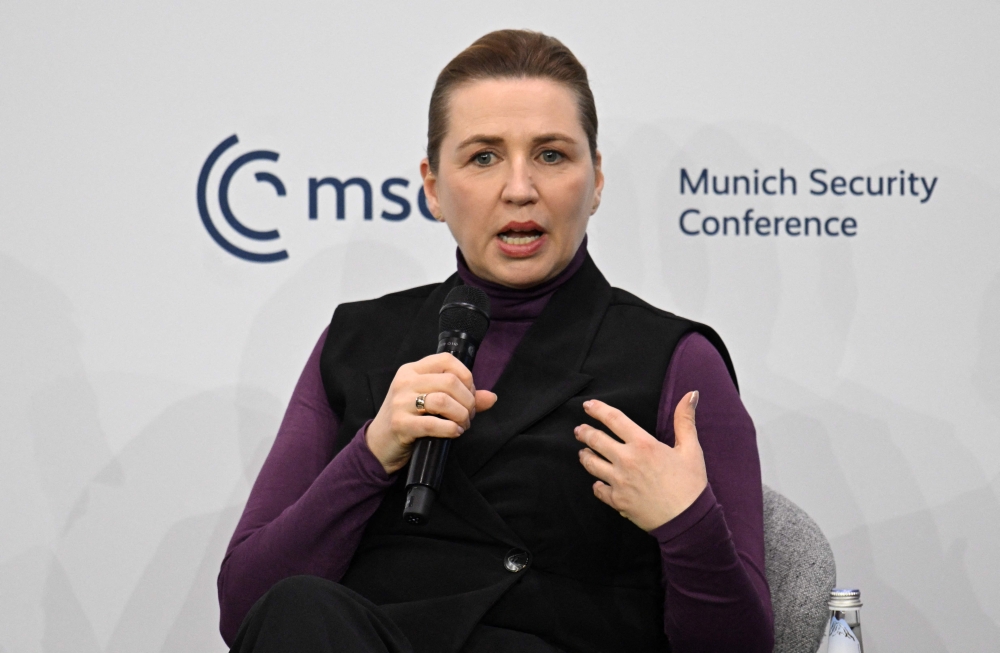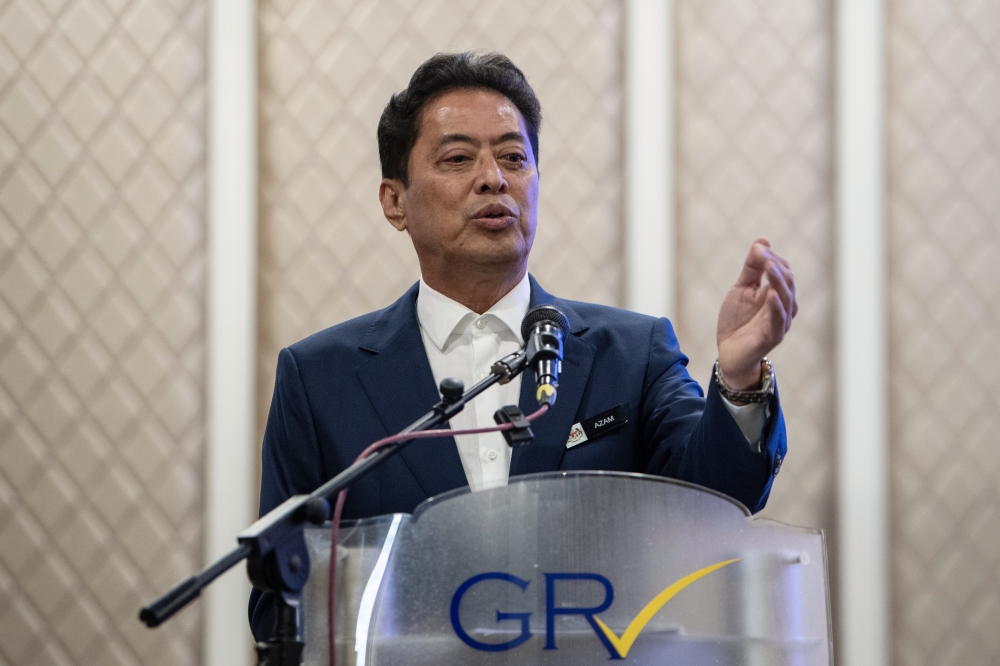BRUSSELS, Sept 16 — Faced with Russia’s war on Ukraine, EU chief Ursula von der Leyen has promised to name a designated defence commissioner as a key part of her new top team.
The message is meant to be clear: Europe is serious about rearming.
But while the position was originally billed as central to the EU’s ambitions, there are now major doubts over how much power it will actually have.
That has meant heavyweight EU member states no longer seem so keen to snaffle up the role, set to be unveiled as part of the bloc’s new line-up in the coming days.
“The idea of creating a new position of an exclusive defence commissioner reflects the growing importance of defence for Europe today,” Burkard Schmitt, defence and security director at industry association ASD, told AFP.
“While the ambition behind this idea is commendable, the key question is: what would it actually mean in practice?” said Schmitt, who was speaking in a personal capacity rather than for his organisation.
For now, commission president von der Leyen has been tight-lipped about what exactly the job would entail.
One thing is sure—the new defence commissioner is not a sort of EU defence minister.
The 27-nation bloc has no army of its own and is not planning to set up one any time soon.
Instead the main focus will be overseeing efforts to try to bolster the continent’s defence sector.
During von der Leyen’s first five years at the helm, the defence industry was overseen by powerful French commissioner Thierry Breton as part of his wide-ranging mandate.
Now the defence brief is expected to be spun off to a dedicated new commissioner—with Breton promoted to a more senior role overseeing industrial growth across the bloc.
Show them the money?
Since Russia’s tanks rolled into Ukraine in 2022, the defence push has become a major preoccupation in Europe.
But after years of underinvestment, Europe has struggled to ratchet up capacity and remains a long way behind Russia in the race to churn out arms.
Despite a slew of initiatives since Moscow’s all-out invasion, the EU has yet to come up with the major sums needed to match its ambitions on defence.
Countries jealously guard their defence industries and have been reluctant to cede more control in the sector to Brussels.
While von der Leyen has estimated that the bloc will need to invest €500 billion (RM23.9 trillion) overall on defence over the next decade—the figures on the table at an EU level are far below that.
Convincing member states to spend chunks of their tightly guarded budgets on EU efforts will be a tough ask—as will getting them to open up their national producers to competition.
And unless the new commissioner has considerable funds to play with, their job risks lacking firepower.
“Whether a dedicated defence commissioner will make a difference depends mainly on the budget allocated to that file,” said Schmitt.
“A defence budget of 100 billion would obviously have a bigger impact than a budget of 10 billion.”
Turf war?
Experts say that to increase the heft of the new job von der Leyen could fold in other responsibilities.
Those may include cyber security, protecting critical infrastructure, space, or efforts to boost the ability to transport troops from one part of Europe to another.
“You can fatten out the portfolio beyond the perimeters that have been sketched out, that isn’t too difficult,” said Camille Grand, of the European Council on Foreign Relations.
But whoever takes the new job could face a challenge carving out their niche in a turf war for influence in Brussels with some of the big names in the next commission.
Breton will likely be looming from one side and on the other will be new foreign policy chief Kaja Kallas, whose role involves overseeing the bloc’s security policy.
“It’s up to the president of the Commission to properly define the role,” said Guntram Wolff of the Bruegel think tank.
Diplomats say the questions swirling over the new job have seen EU powerhouses such as France and Poland switch their priorities to obtaining other positions—with defence now a fall-back option.
“I think it’s a very attractive plan B for many,” said one EU diplomat.
Despite the doubts over the role, analysts said that given growing threats in the world and since the United States may continue to step back from Europe, the defence gig was likely to be a mainstay in future administrations.
“It’s possible that the job will become more important and more significant over time,” said Ian Lesser, Brussels head at the German Marshall Fund think tank.
“I don’t see it as a transient experiment.” — AFP







